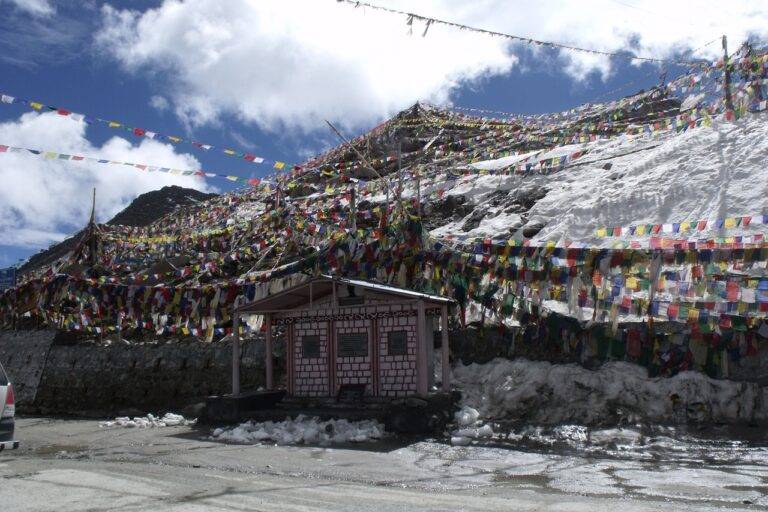Political Polarization: Examining Divisions and Challenges to Unity
Polarization in politics has deep historical roots, stemming from conflicting ideologies and diverging worldviews among individuals and groups. These fundamental differences often lead to a lack of common ground and understanding, fostering an environment ripe for division and discord.
Moreover, the rise of identity politics has further exacerbated the rifts within political discourse. As individuals increasingly align themselves with specific identity groups based on race, religion, or other defining characteristics, tribalism has become more prevalent in shaping political affiliations and beliefs. This emphasis on group identity can overshadow the importance of shared values and goals, perpetuating the cycle of divisiveness in politics.
The Role of Media in Fueling Political Divide
In the modern era, media platforms wield significant influence over public opinion and political discourse. The rise of social media has enabled instantaneous sharing of news and opinions, creating echo chambers that reinforce existing beliefs and polarize communities. The ability to curate personalized feeds has resulted in individuals consuming information that aligns with their viewpoints, leading to a siloed media landscape where conflicting perspectives are often ignored or dismissed.
Furthermore, the 24-hour news cycle and competition for viewership have incentivized sensationalism and clickbait journalism. As a result, media outlets prioritize controversial stories and divisive rhetoric that generate engagement, often at the expense of providing nuanced and balanced coverage. This emphasis on conflict and confrontation fuels animosity between different political factions, perpetuating a cycle of polarization and making it challenging to find common ground or foster constructive dialogue.
Economic Disparities and Political Fragmentation
Economic disparities have long been a driving force behind political fragmentation in societies worldwide. The unequal distribution of wealth and resources often leads to heightened tensions and conflict among different socioeconomic groups. As individuals and communities struggle to meet their basic needs, they may feel marginalized and overlooked by political systems that cater more to the interests of the wealthy and powerful.
This sense of economic injustice can exacerbate feelings of alienation and disenfranchisement, pushing people towards more extreme or polarized political ideologies. It can create fertile ground for populist movements and leaders who capitalize on the frustrations and grievances of those who feel left behind by the current economic system. In such environments, political discourse becomes increasingly divisive and polarized, making it challenging to find common ground and work towards solutions that benefit everyone.





